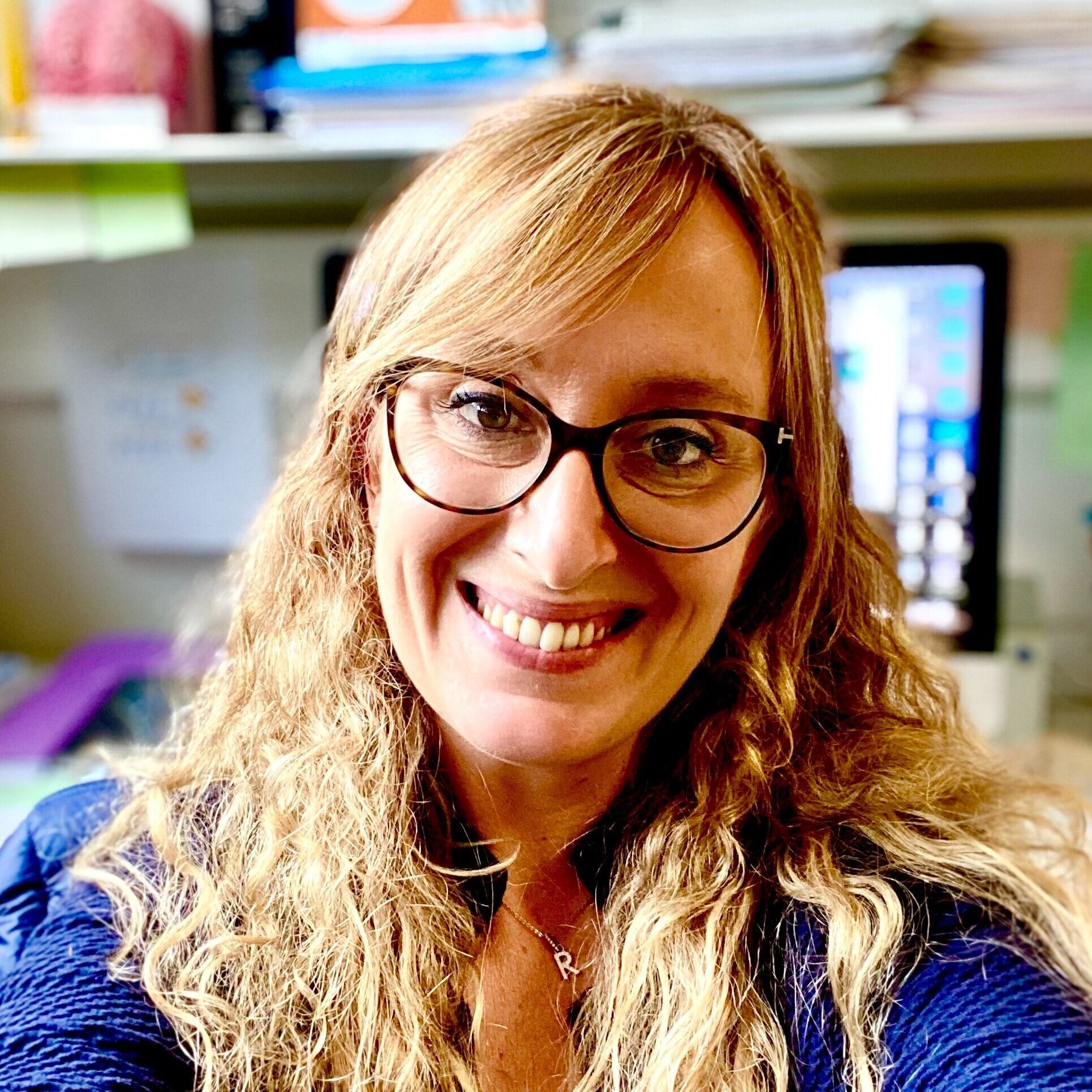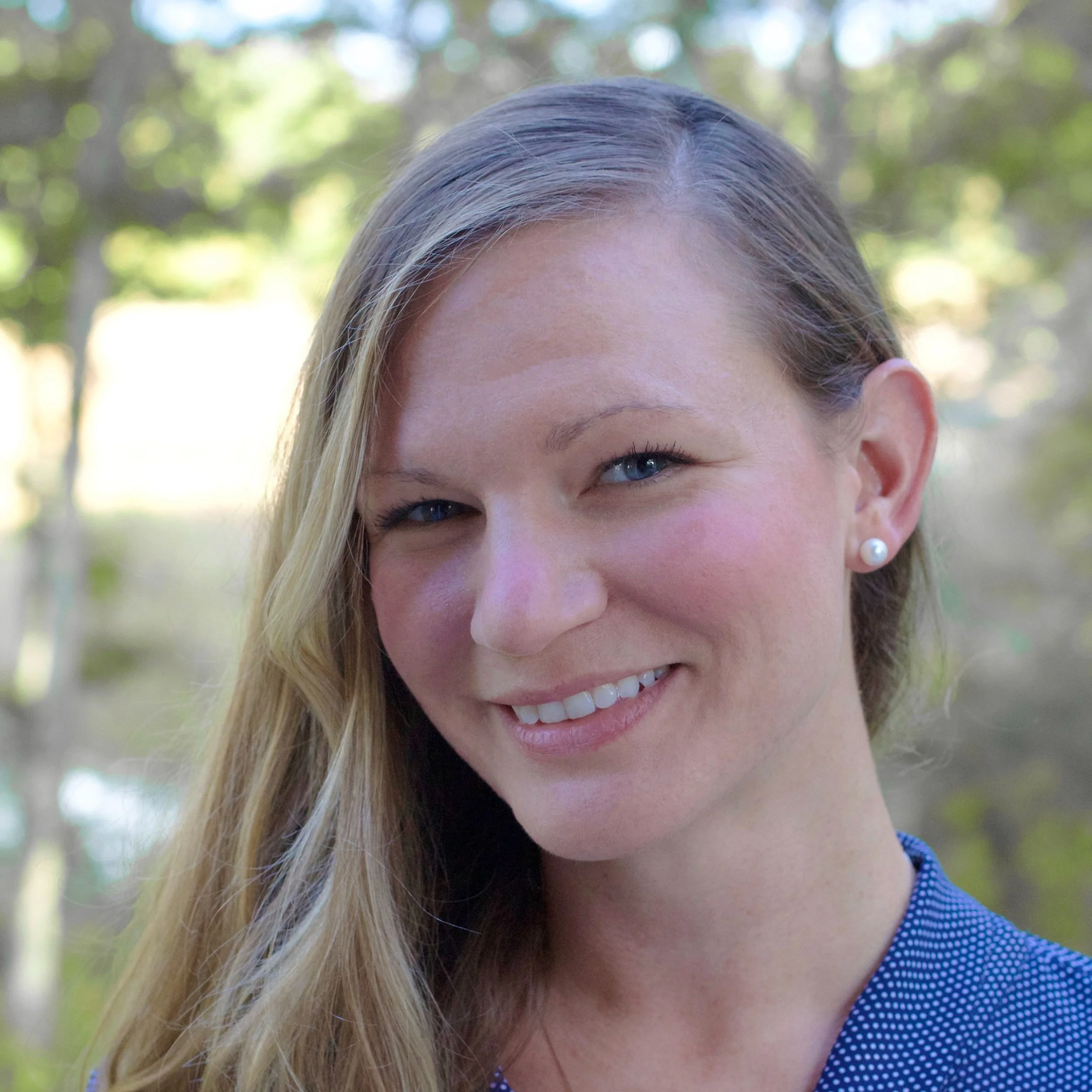Nancy S. Wexler Young Investigator Prize
Each year the Hereditary Disease Foundation presents the Nancy S. Wexler Young Investigator Prize to a researcher whose work reflects the highest caliber of excellence, diligence and creative thinking. The prize recipient is selected by the Hereditary Disease Foundation Scientific Advisory Board.
2023 Recipient, Chiara Scaramuzzino, PhD
Chiara Scaramuzzino, PhD, of Grenoble Institut des Neurosciences, France, receives the fourth Nancy S. Wexler Young Investigator Prize.
Dr. Scaramuzzino carried out her postdoctoral training with Dr. Frederic Saudou, investigating communication between brain cells using microscopic chips that mimic circuitry in the brain. She recently accepted an independent position and is focused on defining molecular mechanisms underlying the breakdown of brain cell communication in neurodegenerative diseases such as Huntington’s.
Communication amongst brain cells is critical for a healthy brain. In Huntington's disease, communication signals break down between two key brain structures that are the most affected by this disease, the cortex and striatum. Normally, these brain regions can send each other molecular messages, called neurotropic factors, that aid in the survival of brain cells. In HD, neurotropic molecular messages from the cortex don’t reach the striatum, causing brain cells in the striatum to die. Dr. Scaramuzzino’s work uncovered that the striatum-to-cortex communication loop is also impaired in HD. She aims to restore transmission of these fundamental neurotrophic molecular messages to restore brain communication in HD.
2022 Recipient
Natalia Barbosa, PhD, of Stanford University, receives the third Nancy S. Wexler Young Investigator Prize. She is a postdoctoral fellow in the laboratory of Judith Frydman, PhD.
Dr. Barbosa’s work is a stunning example of selecting the right model system to answer a scientific line of inquiry effectively and efficiently – she will use simple baker’s yeast to understand how a particular cellular component (mitochondria) participates in the formation of protein clumps in Huntington's disease that contribute to neuronal breakdown. Yeast can be grown under conditions where mitochondria are dispensable or essential for their survival. This unique feature allowed Dr. Barbosa to develop experiments that test if and how mitochondria participate in the formation of protein clumps in yeast that have the gene that leads to HD. Her work will first define this process in yeast before identifying genes and interventions in neurons. Understanding the connections between mitochondria and protein clumping may change the way we think about Huntington’s disease, potentially opening up new strategies for effective therapeutic interventions.
2021 Recipient
Sarah Hernandez, PhD, of University of California, receives the second Nancy S. Wexler Young Investigator Prize for her work to understand how connections between cells can affect permeability of the brain in Huntington’s disease.
Cells in the brain communicate with little antenna-like objects, called receptors, that stick off the cell to catch information. The information collected by these receptors is used to direct critical processes in the brain that are disrupted in HD. Dr. Hernandez’s previous work has shown that specific receptors, called integrins, are not functioning like they should, causing them to lose connections between cells that increase permeability of the brain. This proposal tests if correcting the dysfunction of integrins could improve the connections between these cells in the brain to ultimately help correct or compensate for symptoms associated with HD.
2020 Recipient
Dr. Osama Al-Dalahmah
Osama Al-Dalahmah, MD, DPhil, Columbia University Irving Medical Center, receives the inaugural Nancy S. Wexler Young Investigator Prize for his project entitled, “Studying Huntington’s disease astrocytes in different parts of the brain: A regional study of the landscape of gene expression at the single cell level.”
Dr. Al-Dalahmah aims to discover ways to increase the brain’s ability to protect itself from damage in Huntington’s disease by studying the differences in gene expression between vulnerable brain areas that are severely affected in HD and more resilient regions. His emphasis is on astrocytes – the major support cells in the brain that nurture neurons and ensure their functioning. HD changes astrocytes in several ways - some may be beneficial and some deleterious. By looking at gene expression from thousands of cells in both vulnerable and resilient brain regions in adult onset and juvenile onset HD, Dr. Al-Dalahmah seeks to determine how astrocytes respond to damage caused by HD. This knowledge will provide insight into the earliest gene expression changes in HD. Knowing how to adapt the brain’s capacity to protect itself from the damage dealt to it by HD is critical for the development of new therapies.
Donate now to the Nancy S. Wexler Discovery Fund to support scientific collaborations, educational workshops and conferences and the Young Investigator Prize.





